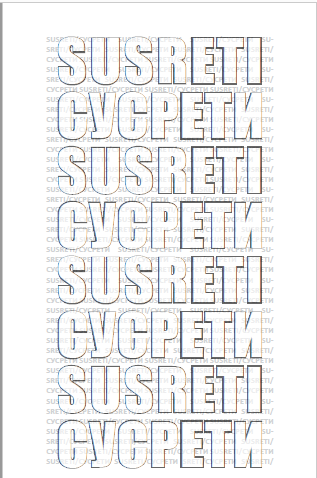
We kindly inform you that, as long as the subject affiliation of our 300.000+ articles is in progress, you might get unsufficient or no results on your third level or second level search. In this case, please broaden your search criteria.

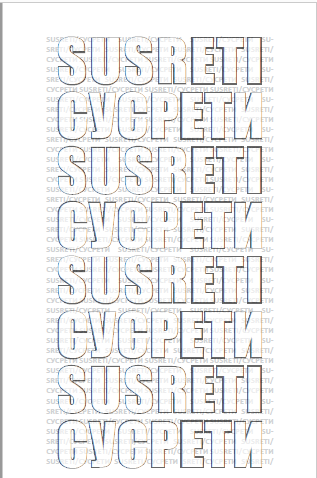


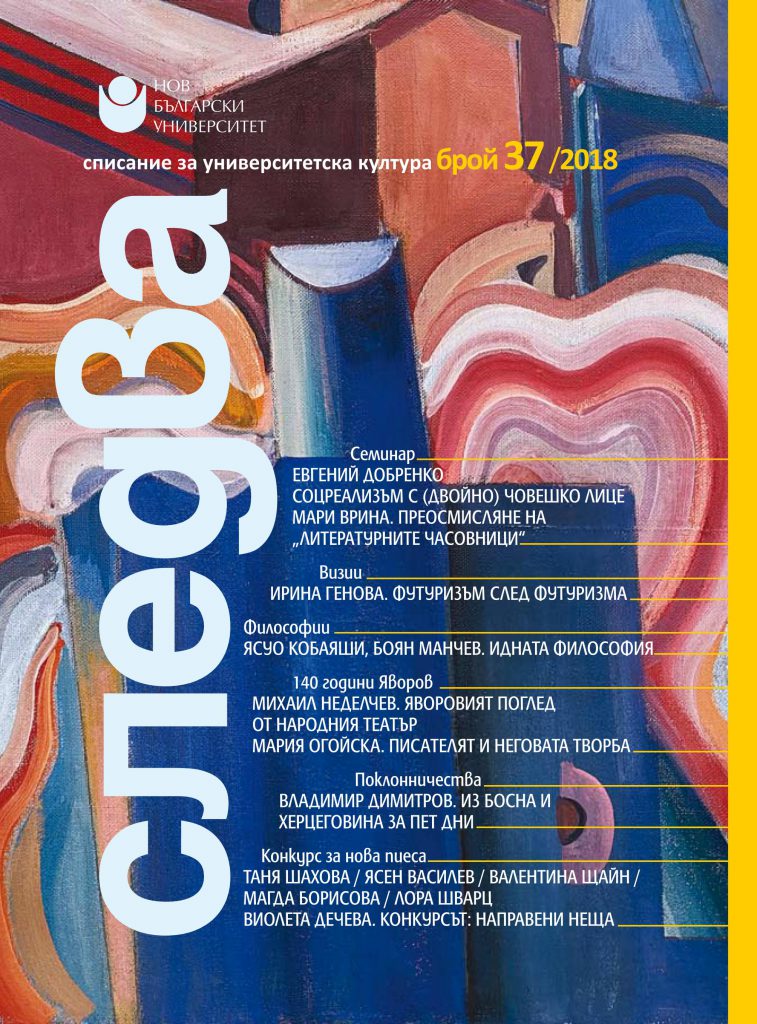
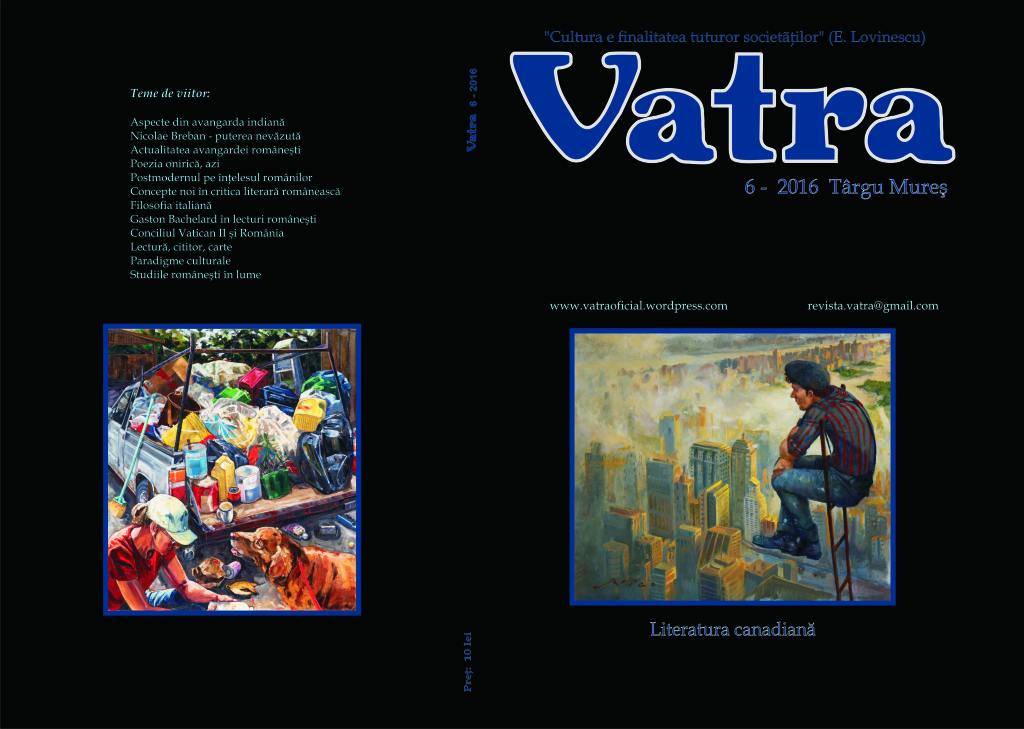
The text is an excerpt from a political drama, signed by a group of Romanian dramatists who also performed in the play.
More...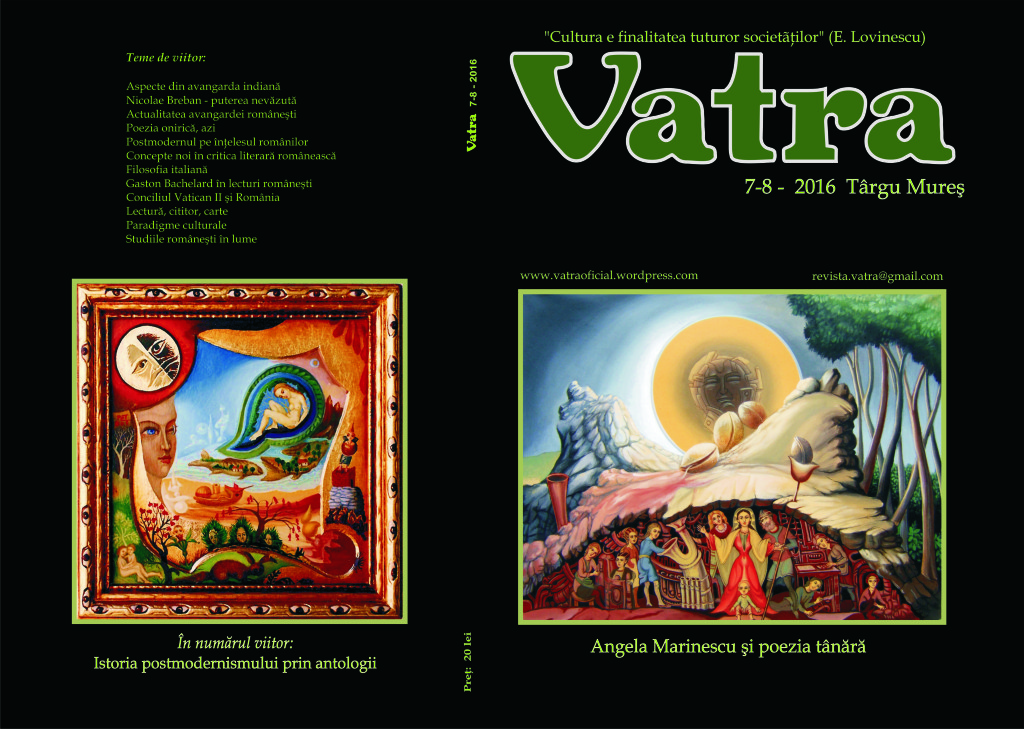
The text represents a fragment from a play written by Radu Tuculescu.
More...
SYMONIDES 19 Śmierć także tchórza w ucieczce dopadnie. 88 To co cierpkie stać się może słodkim – w potrzebie.
More...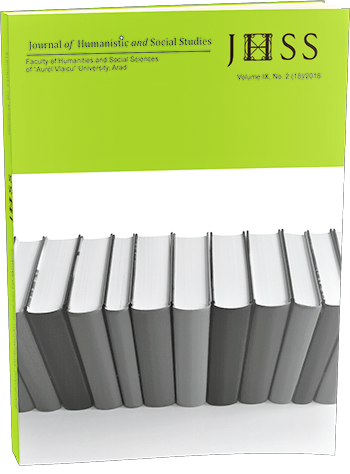
The stage of the ’50s brings a new aesthetic attitude, initially perceived as a threat to the theatre itself. Many voices talked about the death of representation, about final aesthetics, but time has proved that it was merely an effort to adapt the art of performance to the demands of contemporary society.The idea of cruelty in the theatre, stated by Antonin Artaud and transformed into aesthetics by the playwrights of the 1950s, means not only the necessity of the shock effect of the new theatre in order to make a real connection with the audience, as it often appears in literary criticism, but also understanding theatre as the theatre of life, as an essential form of knowledge.
More...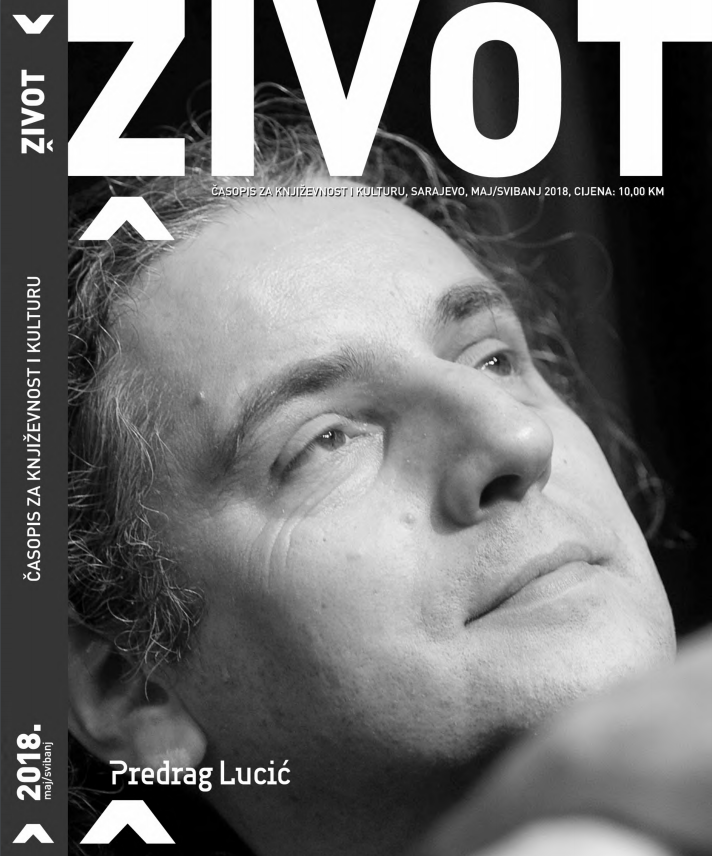
Prošlo je dosta vremena. Ibn Sina je već prešao pedesetu. Raskošni dvorac hemedanskog emira Šemsu'd-Devlea. Šemsu'd-Devle sjedi na zlatnom prijestolju. Kod njega su Tadžu'l-Mulk i glavni vojni zapovjednik Zulfikar.
More...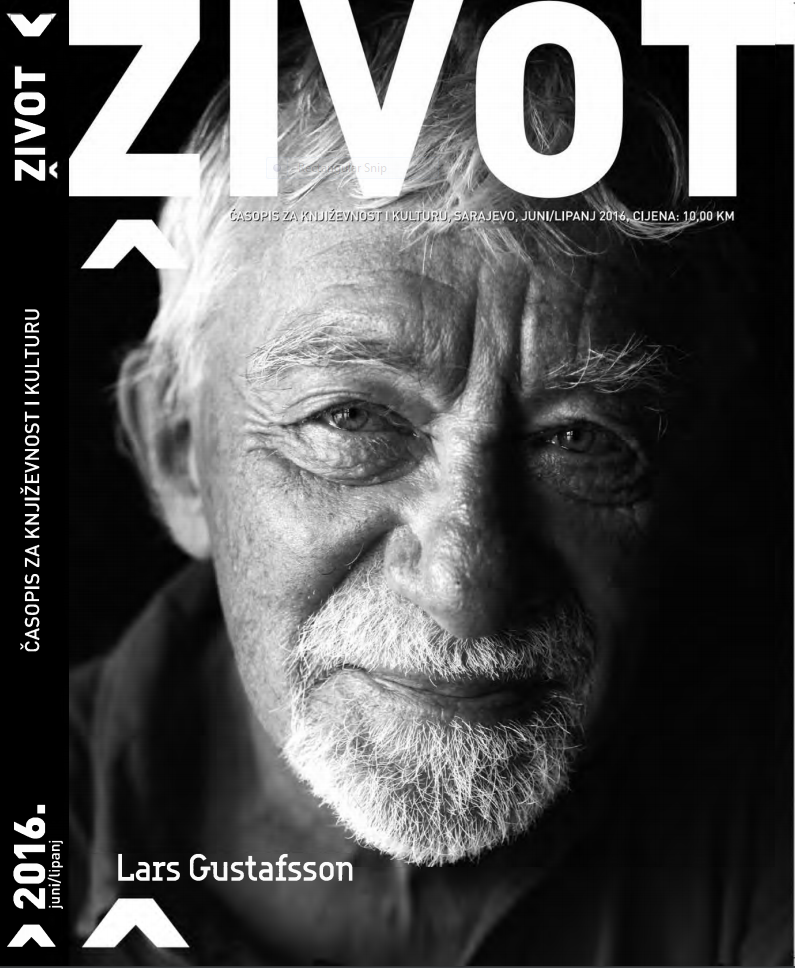
Odmah nakon Baršunaste revolucije 1989. godine, došlo je do većeg broja insceniranja autora koji su u Čehoslovačkoj duže vrijeme bili zabranjeni za izvođenje, štampu ili im nije bilo dozvoljeno da se na bilo koji umjetnički način eksponiraju, lako su se u to vrijeme rađali novi tekstovi mlađe generacije, čehoslovačka repertoarska politika je ipak prednjačila sa tekstovima zabranjenih autora, poput Vaclava Havela (1936-2011), Milana Uhdea (1936), Josefa Topola (1935-2015) i drugih.
More...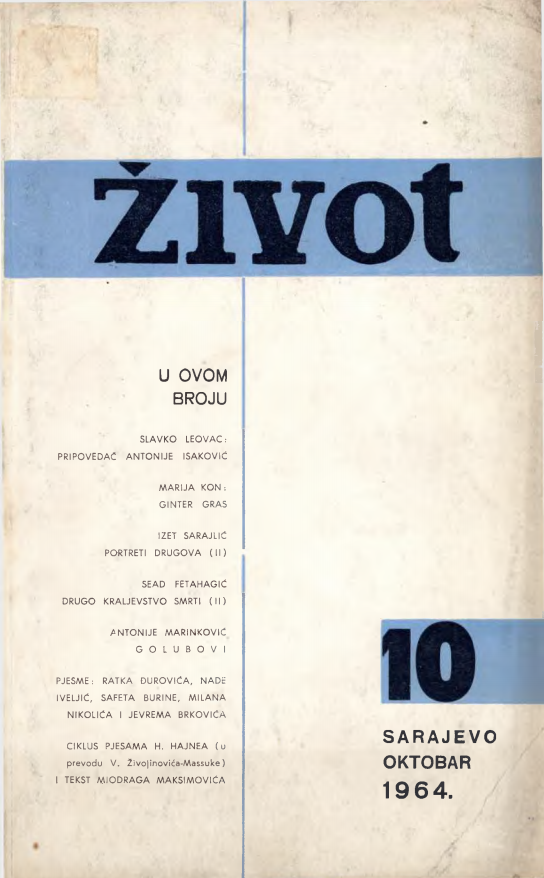
Branislav Nušić, od čijeg rođenja vreme u svom proticanju u ovoj godini beleži pun jedan vek, ostavio je obimno, ali i raznoliko i raznovrsno književno delo. Kao dramski stvaralac, shvaćen (a to je i normalno i opravdano) prvenstveno kao komediograf, pisao je, doduše s manje uspeha, i istorijske tragedije (Nahod Simeon), drame iz porodičnog i građanskog života (Tako je moralo biti, Pučina), melodramske skice, pa i drame s prizvukom nadrealizma (Knjiga druga, Žena bez srca). Iako je ovaj i ovakav rad Branislava Nušića ostao, kako bi Sterija kazao, »više u planu, nego u dijalogu« i definitivnom scenskom izrazu, on ipak zaslužuje da se ne samo pomene, već i sačuva, da se široka publika koja u Nušiću gleda jedino i isključivo komediografa i nasmeši se pri pomenu njegovog imena, bar donekle upozna i s ovim Nušićevim naporima, ako se kod njega uopšte može govoriti o »naporima«.
More...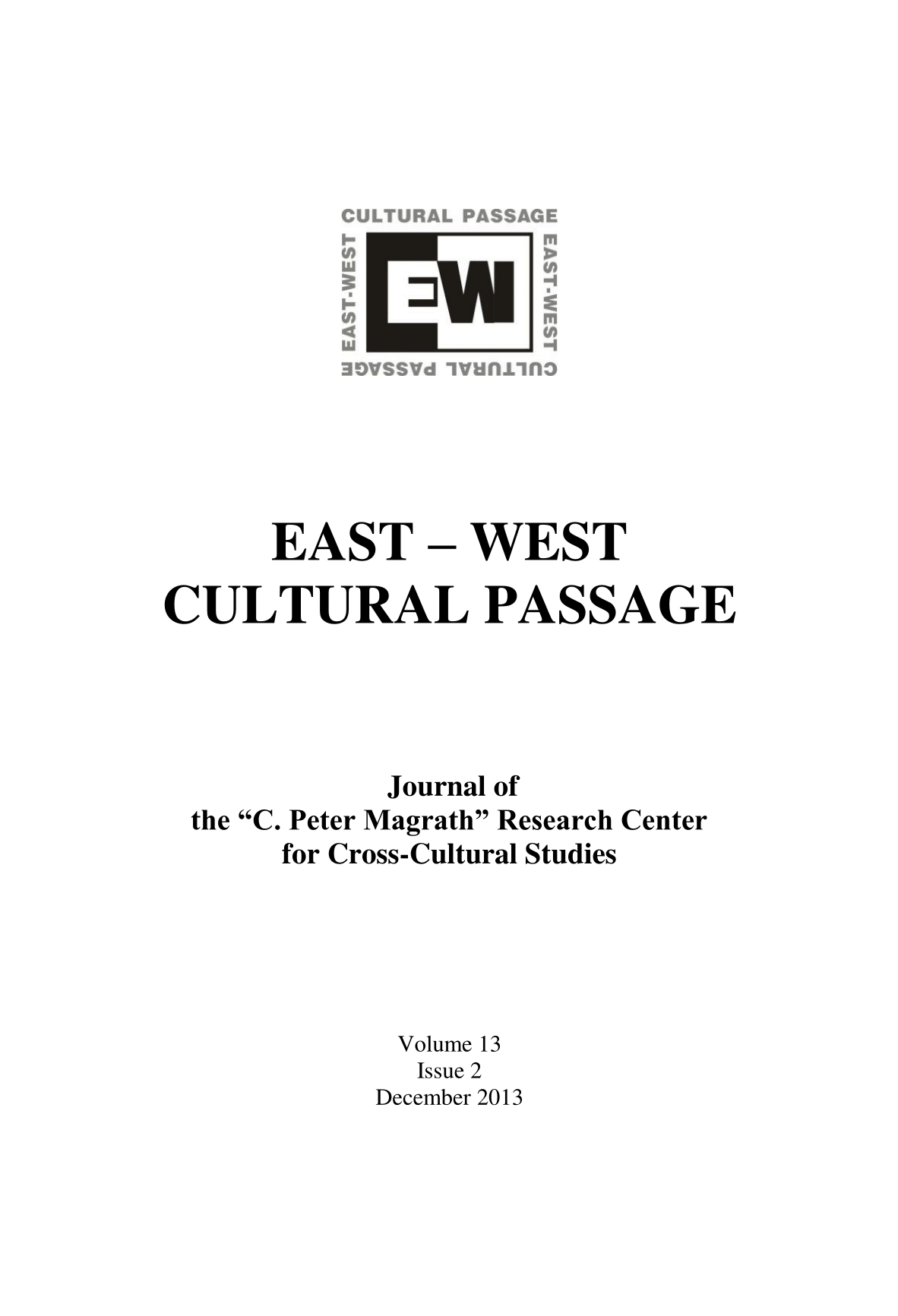
Probably one of the most influential villains in literature, the Jew of Malta is usually invoked when critics deal with the most villainous characters of Renaissance drama. He haunts the villains that preceded or succeeded him. Introduced in a lengthy prologue spoken by a character named Machiavel, Barabas is usually associated with Machiavellism. However, the political formalism that dominates the critical understanding of the stage villains obscures the distinctive characteristics of Machiavels. The latters are either familiar with the world of politics, like Edmund and Richard III, or are able to familiarize themselves with it, like Iago. Unlike them, Barabas is born outside the realm of politics. The invasion of Malta by the Turks thrusts him in the role of the governor. After all the plots he uses to reach that post, Barabas finds himself in a rare moment of self-fashioning. In this article, I argue that the tragic fate of Barabas is brought about primarily by his failure to become a Machiavel in the strict sense of the term. Moving from the realm of the civil to the realm of the civic entails moving from pure evil trickery to Machiavellian machinations. Failing to refashion himself, Barabas falls victim to his own plot.
More...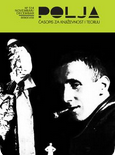
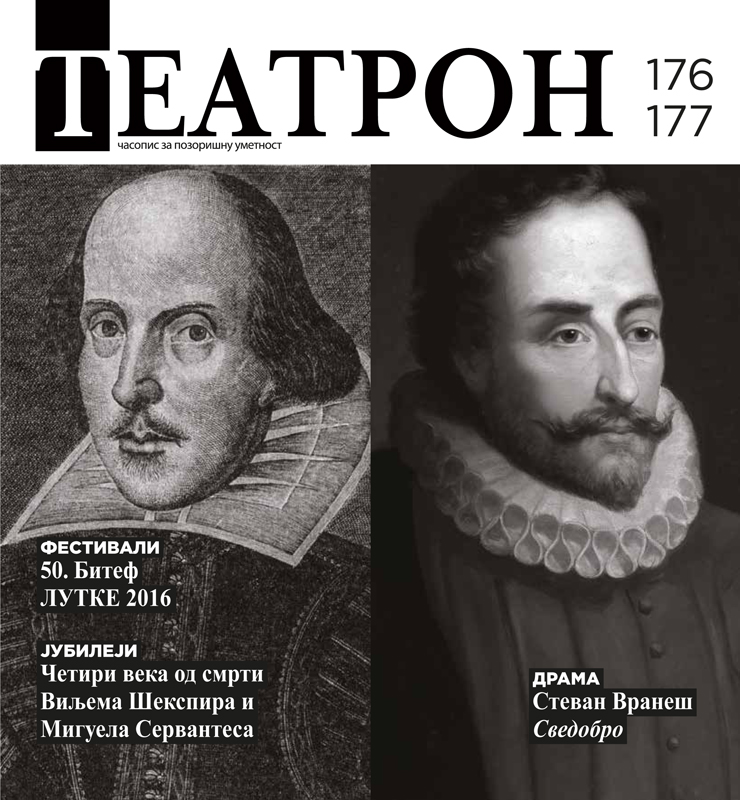
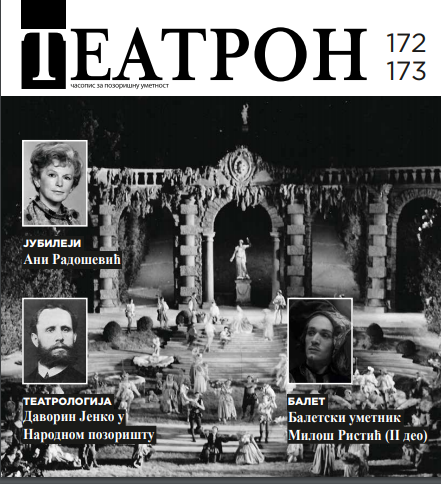
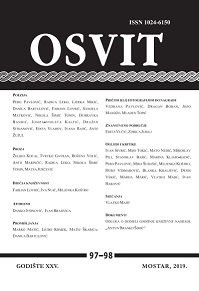
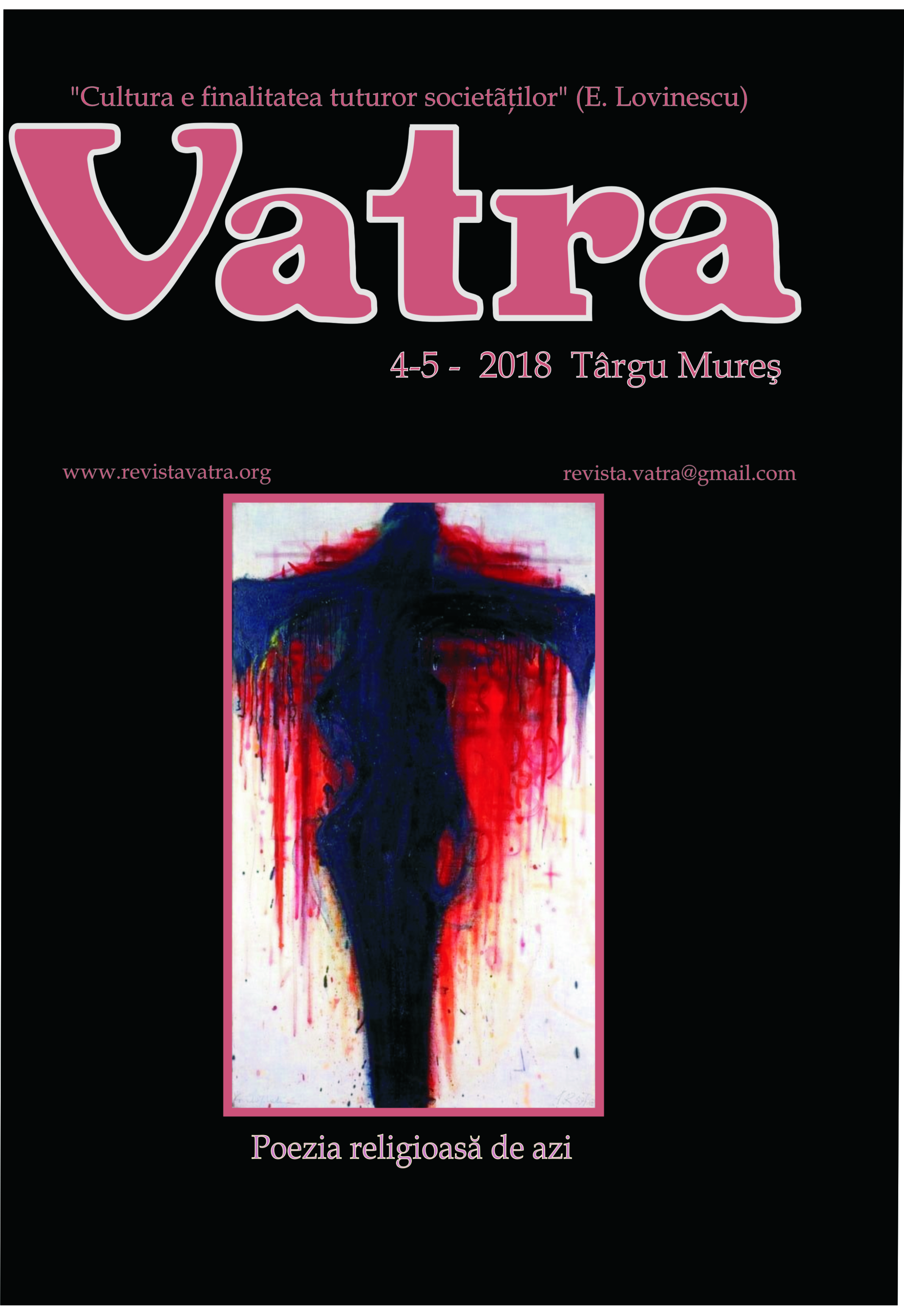
Tragic play by Ioan Radin Peianov which was not published before.
More...
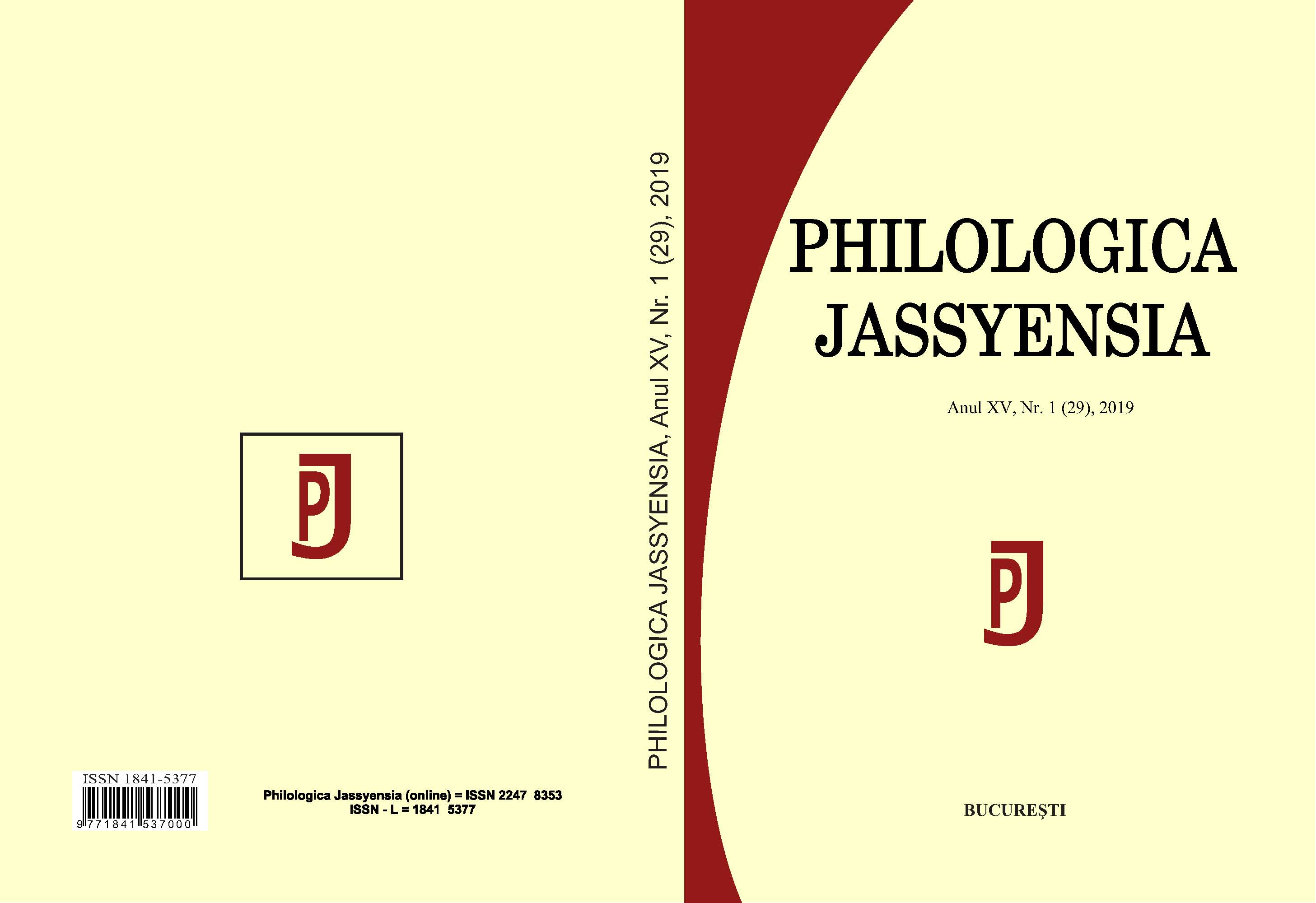
The Securitate files are incontestable proof that the Romanian Communist Secret Police was repressive organ of state security. The Securitate specifically targeted so-called “enemies of the people”, commonly public figures who could endanger, in speech and in writing, the seemingly unchangeable political order. Dorin Tudoran, a Romanian writer who lived under Ceaușescu’s dictatorship, is the main character of his own Securitate file – a complex narrative revealing the inner workings of a highly efficient oppressive system. I intend to explore the significance of this type of document in a post-communist reading of the Romanian 70s and 80s. I also intend to argue that the Securitate file could be read as a dynamic, flexible account that obliterates the truth but documents the tools and strategies of a totalitarian regime.
More...